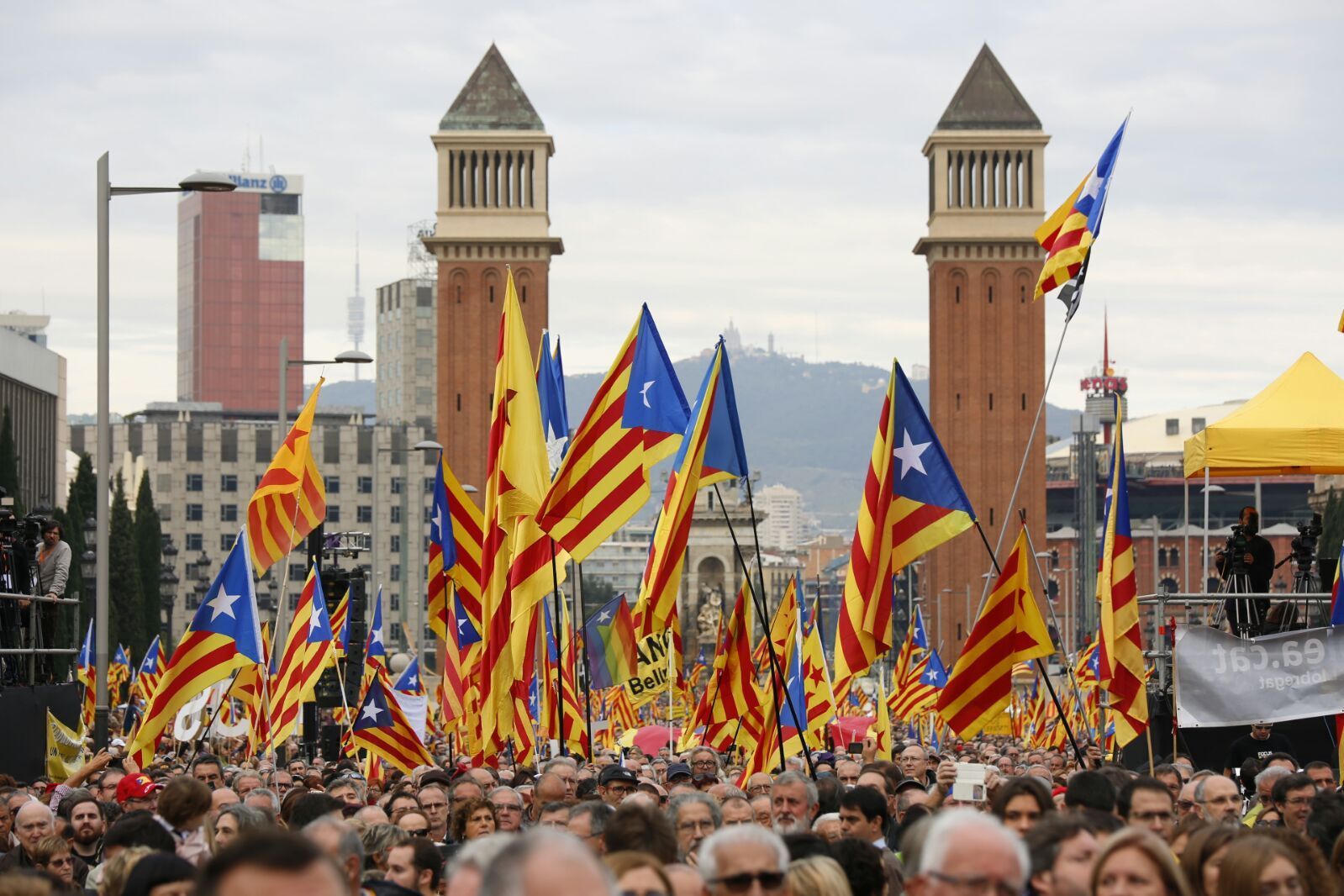"If the consultation [sic] is held and achieves a reasonable turnout, Spain will have a problem." This is what Antoni Zabalza writes in an opinion column in which he argues for immediate action by the Spanish government to block the independence referendum, which he calls a "consultation", planned in Catalonia for 1st October.
The text, entitled "No to the referendum" (in Spanish) and published this Wednesday in the newspaper El País, says that the "passivity" of the Spanish prime minister "gives the initiative to the secessionists", for which he calls on Mariano Rajoy to put an end to the "abandonment or lack of presence by the [Spanish] state in Catalonia".
Antoni Zabalza (born in Linyola, 1946) is an economist and was secretary of State for the Treasury between 1991 and 1993 during the premiership of Felipe González. Moreover he has been president and representative minister of the Ercros industrial group since 1996.
The "long queues" of the 2014 referendum
In his article, Zabalza says that facts like the unofficial 2014 referendum with its "long queues", the Catalan government's announcement, with "an image of authority and power", of the date of the referendum and the presence "on solid and prominent flagpoles" of estelades, pro-independence flags, in large parts of Catalonia illustrates the absence of the central government in Catalonia.
Facing this, the columnist believes that "many citizens" will be wondering whether "the protection that the law grants them is disappearing". He added that some of the public "doesn't understand the doctrine that in order to take action, you have to wait until legal effects appear", as it "confuses and demoralises for its absurdity".
"If [Catalan president] Puigdemont can announce the referendum for 1st October and nothing changes, Puigdemont will undoubtedly also be able to organise and hold this referendum", continues Zabalza, adding that "in the face of the ever more evident arrogance of the secessionist movement, each concession, each demonstration of laxity in the unloading of the obligations by the governor weakens his power and strengthens his opponent".
Laws passed "at the last moment"
Because of that, Zabalza thinks that the independence movement will play its card of approving the law for the referendum "at the last moment, with the ballot boxes and the logistics... completely ready, and with all the queues of the public already formed to vote" and that, in this case "if the referendum is held and ends up achieving a reasonable turnout, Spain will have a problem".
Because of this, the former secretary of the Treasury believes that Rajoy "has to convince the Spanish society that this referendum will not be celebrated", and for this it's not enough "to simply say it, as he has done so far, and at the same time not do anything to change the objective conditions of Catalan politics". "Rajoy cannot continue to ignore the rupture of the [Spanish] state caused by the lack of institutional loyalty of the Catalan autonomic government," he concludes.

